The One Thing Killing Your Team’s Performance (It’s Not What You Think)

In today’s competitive landscape, trust is the secret weapon that can make or break your small business. With only 21% of U.S. employees expressing strong trust in their leadership, the stakes are high. This article reveals how small business owners can leverage their unique advantages to build trust, enhance employee performance, and ultimately drive profitability. Discover actionable strategies that focus on communication, recognition, and authenticity—key elements that can transform your workplace culture and set you apart from larger competitors. Don’t let low trust undermine your success; learn how to foster a thriving, engaged team today!
Narcissism Unmasked: How It Shapes People and Relationships

Have you ever felt like someone in your life constantly leaves you questioning yourself? Whether it’s a partner, a boss, or a family member, navigating these relationships can feel like walking on eggshells. In a world where the term “narcissist” is thrown around casually, it’s crucial to understand what narcissism truly means. This article delves into the signs, causes, and consequences of Narcissistic Personality Disorder, clarifying misconceptions and offering insights from modern psychological research. Discover how narcissism affects relationships and learn how to set healthier boundaries for your emotional well-being.
Navigating the Promise and Pitfalls of Health Monitoring Devices

Wearable technology is transforming our approach to health, offering unprecedented insights into our bodies. From tracking heart rates to detecting COVID-19 before symptoms arise, these devices promise a revolution in healthcare. However, as we embrace this wearable revolution, we must navigate the fine line between beneficial monitoring and unhealthy obsession. The quest for perfect metrics can lead to anxiety and disconnection from our own bodies. Discover how to harness the power of wearables while maintaining a healthy relationship with technology, ensuring that you remain in tune with your own unique biological reality.
The Digital Paradox: How AI Companions and Health Apps Are Redefining Human Connection

In an increasingly digital world, AI companions and health apps are reshaping our connections, but at what cost? Recent studies reveal a troubling link between heavy AI usage and rising loneliness, prompting critical questions about the nature of these relationships. As we explore the phenomenon of “artificial intimacy,” we uncover the risks of relying on chatbots for emotional support and the potential dangers of AI posing as therapists. Join us as we delve into the complexities of human-AI interactions and the implications for our mental health, privacy, and social well-being.
Daylight Saving Time and Its Effects on Your Mental Health

As we prepare to spring forward this March, many of us may not realize the significant impact Daylight Saving Time can have on our mental health. Research shows that even a one-hour shift can disrupt our circadian rhythms, leading to fatigue, decreased productivity, and even serious health risks. With over half of Americans feeling tired after the time change, it’s crucial to understand how to navigate this transition. Discover effective strategies to adjust your routine, prioritize sleep, and maintain your well-being during this challenging time. Read on to learn how to make the most of the upcoming clock change!
Supporting Those We Care For Through Loss

In the wake of devastating loss, many individuals and families in the Los Angeles area are struggling to rebuild their lives. If you find yourself wanting to support a friend or loved one affected by tragedy, you may feel uncertain about what to say or do. This brief guide offers practical do’s and don’ts to help you navigate these sensitive conversations. From validating their experience to offering specific help, your presence can be a powerful reminder that they are not alone. Discover how small acts of kindness can create ripples of healing during these challenging times.
Dr. Ginny’s Guide to Making Resolutions That Stick

Around this time of year, many people grapple with their New Year’s resolutions, often feeling discouraged by their lack of success. Did you know that only about 10% of those who make resolutions actually keep them? But don’t worry! With the right strategies, you can improve your chances of sticking to your goals. From starting small and setting clear objectives to finding an accountability buddy, discover how to make your resolutions work for you. Embrace the journey of change and celebrate your progress—every small win counts! Ready to transform your resolutions into lasting habits?
Holiday Conversations: A Guide to Finding Common Ground in Divided Times

Navigating holiday conversations can be daunting, especially in today’s divided climate. With 80% of U.S. adults feeling the strain of societal tensions, family gatherings often become a pressure cooker of emotions. This guide offers practical strategies for managing difficult discussions with respect and understanding. Discover how self-awareness can transform your approach, the importance of setting boundaries, and techniques for fostering meaningful connections. Embrace the opportunity to model respectful disagreement for younger family members and create lasting memories that strengthen relationships. Join us in turning potential conflicts into moments of connection this holiday season!
Transforming Holiday Stress

Transforming holiday stress starts with a shift in mindset. Instead of succumbing to the weight of expectations and the pressure to be perfect, embrace the season as a golden opportunity for joy and connection. Prioritize self-care, tackle gift-giving with thoughtfulness, and own your social calendar by saying “no” when needed. Avoid common pitfalls like unhealthy coping mechanisms and remember that the magic of the holidays lies in genuine moments, not flawless execution. This year, focus on what truly lights you up and find joy in the imperfect moments shared with loved ones. Discover how to thrive this holiday season!
Ageism Awareness Day
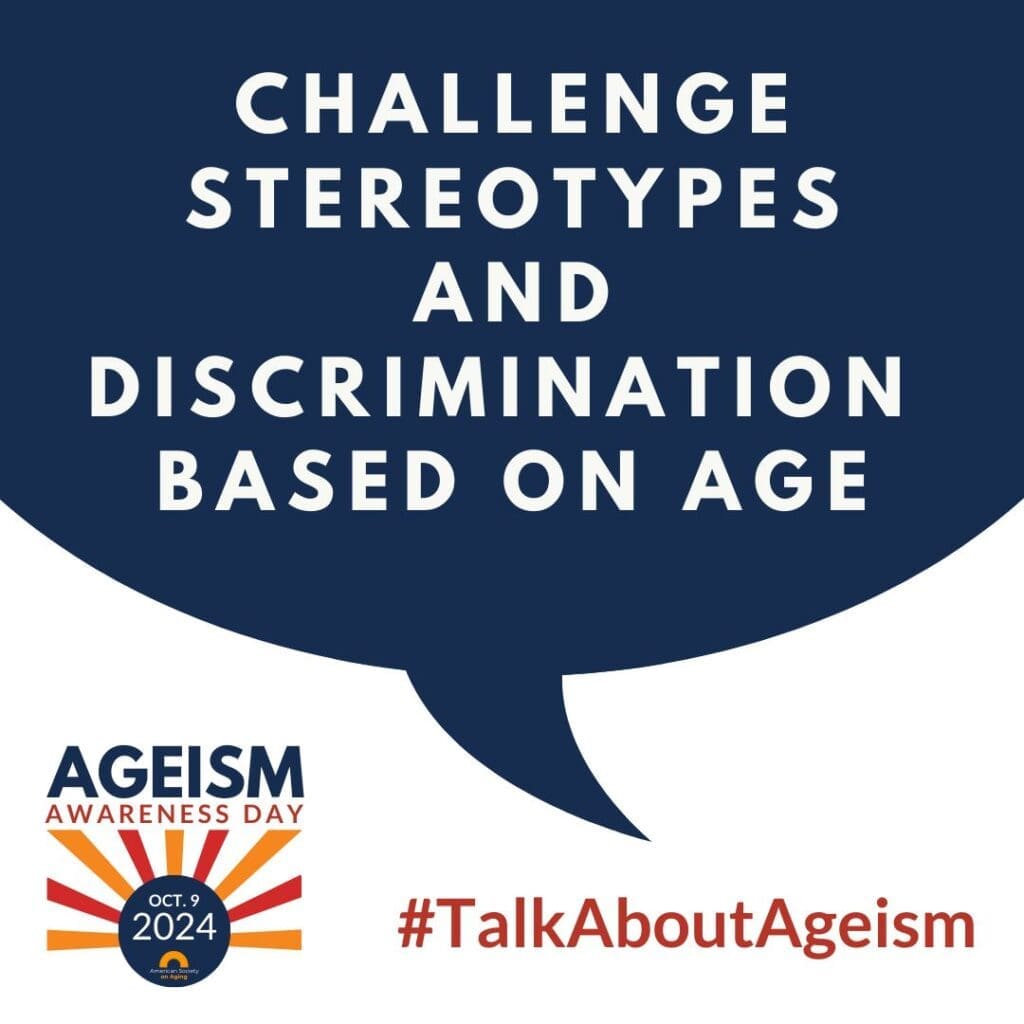
Ageism is a pervasive issue that impacts individuals of all generations, affecting personal relationships and institutional policies alike. The consequences are far-reaching, undermining our collective well-being and societal progress. From increased stress and anxiety to barriers in the workplace for older workers, ageism creates a cycle of deterioration that limits potential. October 9, 2024, marks Ageism Awareness Day, a crucial opportunity to challenge stereotypes and promote a more inclusive society. Join us in taking action to combat ageism and foster intergenerational understanding, ensuring that every individual, regardless of age, is valued and respected.
LIFE SKILLS TRAINING FOR YOUNG ADULTS

Discover the secrets to thriving in young adulthood and conquering the challenges of adulting. From practical strategies for success to cultivating a positive life narrative, this article offers valuable insights and tips for young adults and parents alike. Join us on this journey of self-discovery, resilience, and personal growth as we explore the fears and obstacles of adulting and provide guidance on how to navigate this transformative life stage. Embrace the opportunities that adulting presents and learn how to build the skills needed for a fulfilling and successful life. Your journey to self-sufficiency starts here.
NURTURING THE CAREGIVER

Caregiving is a profound act of love and dedication. By prioritizing your own health and well-being, you ensure the best care for your loved one. Learn how to manage stress, address emotional challenges, and cultivate compassion to navigate this journey with resilience and grace. Your well-being matters – not just for your sake, but for those you care for. Remember to be kind to yourself, celebrate small victories, and find moments of joy amidst the challenges. Explore resources and strategies to enhance your caregiving experience, and discover the power of self-compassion in creating a fulfilling and supportive caregiver role.
GASLIGHTING
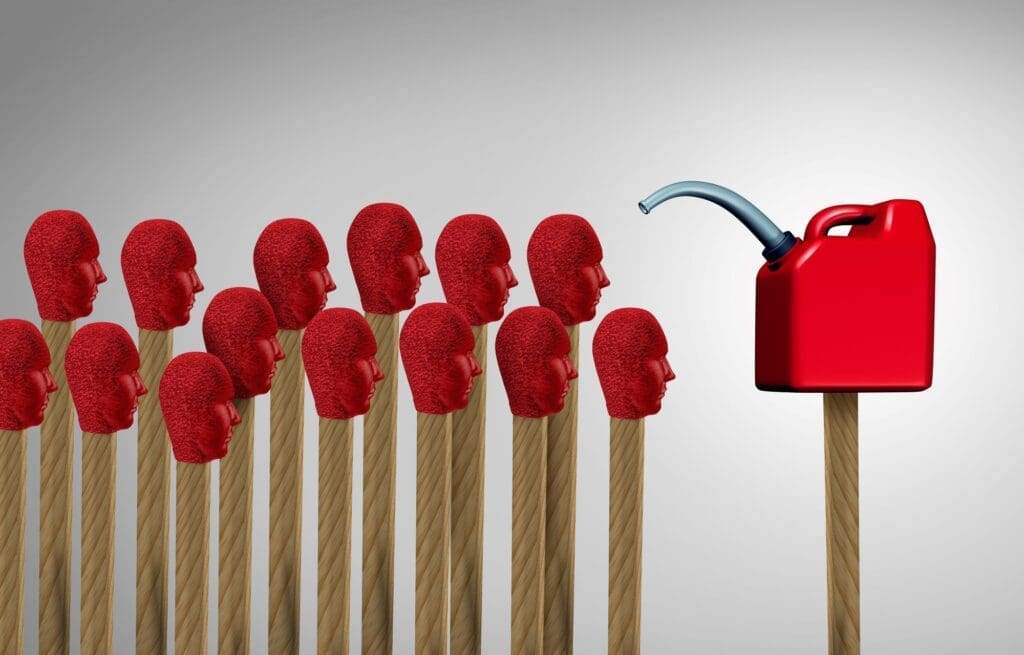
Gaslighting is a serious form of emotional abuse characterized by manipulation, control, and the intent to make the victim doubt their sense of reality and self-worth. Highly sensitive and empathic people are particularly susceptible to these tactics, but anyone can become a victim of gaslighting. Recognizing the signs of gaslighting is crucial to protecting yourself and beginning the recovery process. Rebuilding self-trust, setting boundaries, and seeking support are all important steps in healing from gaslighting trauma. Though it may be a difficult journey, it is possible to move forward and thrive after experiencing this type of abuse.
GHOSTING IS EMOTIONAL CRUELTY, NOT A NEW NORM

Discover why ghosting is more than just a trend – it’s emotional cruelty with lasting effects. From the reasons behind this behavior to coping strategies for those who have been ghosted, delve into the emotional fallout and learn how to navigate relationships in the digital age. Find out how to heal, rebuild your confidence, and open your heart to healthier connections. If you’ve been ghosted or know someone who has, this insightful article offers valuable insights and guidance on moving forward with grace and self-respect. Explore the impact of ghosting and empower yourself to prioritize genuine, respectful communication in all your relationships.
Breadcrumbing: The Confusing Dating Behavior

Breadcrumbing is a confusing dating behavior that can leave you feeling lost and unsure of where you stand in a relationship. In this article, we explore the reasons behind breadcrumbing, its impact on mental health, and how to respond to a breadcrumber. Discover practical tips for healing from this toxic pattern and regaining your self-worth. Remember, you deserve a full, authentic connection, not just occasional ‘crumbs’ of affection. Dive into the complexities of modern dating and learn how to set healthy boundaries for yourself. Don’t let breadcrumbing erode your confidence any longer – take back control of your love life today.
WHAT IS THERAPY? A COMPREHENSIVE GUIDE

If you are ready to take the first step towards improving your mental health and well-being, therapy can offer you a safe and supportive space to navigate life’s challenges. Whether you are feeling overwhelmed, struggling with relationships, or seeking personal growth, a skilled therapist can help you find clarity, healing, and transformation. With the right support, you can unlock your full potential and lead a more fulfilling life. Contact us today to schedule an appointment and start your journey towards a healthier mind and a brighter future.
NEW RESEARCH UNCOVERS SLEEP U-SHAPED TIE TO DEMENTIA RISK

Discover the surprising link between sleep regularity and dementia risk in the latest groundbreaking research. Find out how finding the perfect balance in your sleep schedule could be the key to protecting your brain health over time. With millions affected by dementia worldwide, understanding the impact of sleep patterns is more important than ever. Could optimizing your sleep be the secret weapon in the fight against cognitive decline? Dive into the fascinating findings and unlock the secrets of sleep for a healthier brain and a brighter future.
GRAY DIVORCE: NAVIGATING LATER-LIFE SEPARATIONS

Discover how to navigate the complexities of gray divorce and emerge stronger than ever. From financial implications to emotional challenges, our expert insights will guide you through this significant life transition. Learn powerful coping strategies, explore new opportunities for personal growth, and find the support you need to thrive in your golden years. Whether you’re contemplating a gray divorce or in the midst of one, our clinical psychologist, Dr. Ginny Estupinian, PhD, is here to help you every step of the way. Take the first step towards your new beginning and reclaim your happiness today.
HOW THERAPY CAN HELP CHILDHOOD TRAUMA SURVIVORS
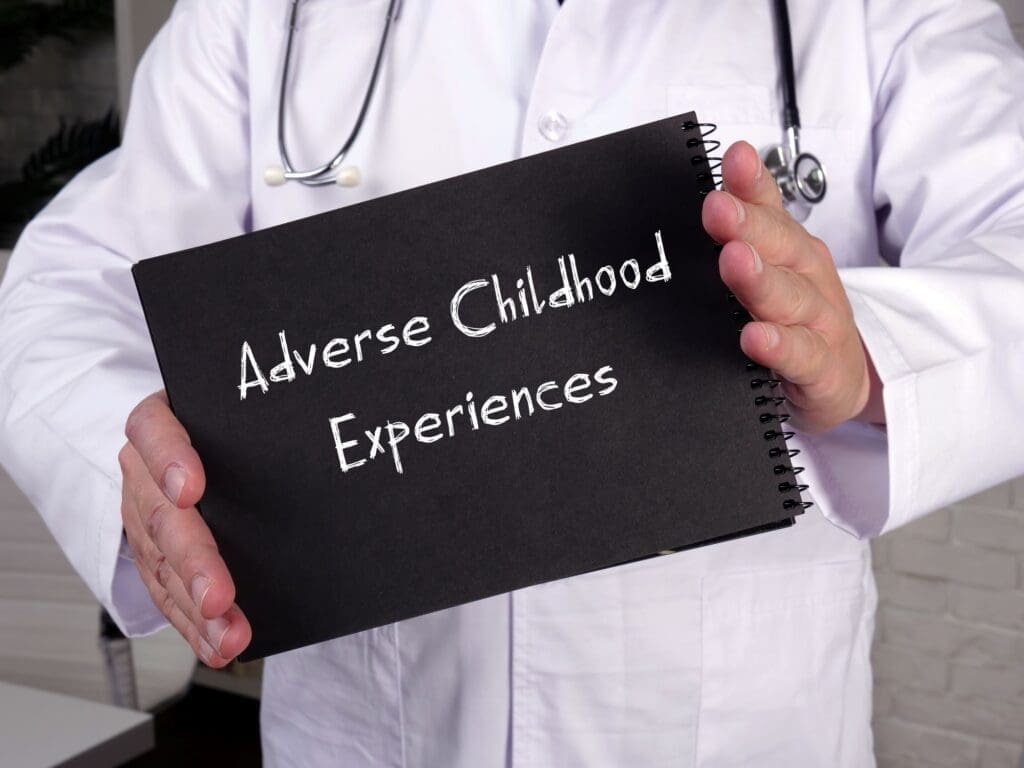
Discover how therapy can help childhood trauma survivors unpack their past to heal their present. Learn how unresolved wounds from the past can still impact your life today, affecting your relationships, emotions, and sense of self-worth. Find out how trauma-informed therapy offers a safe space to process painful memories, challenge negative beliefs, and ultimately reclaim your future. Join Dr. Estupinian on a journey towards healing, self-compassion, and authentic living. Let go of the protective armor that no longer serves you and embrace a more open, vulnerable, and fulfilling existence. Start your healing journey today.
UNDERSTANDING ALLOSTATIC LOAD (PART 2)
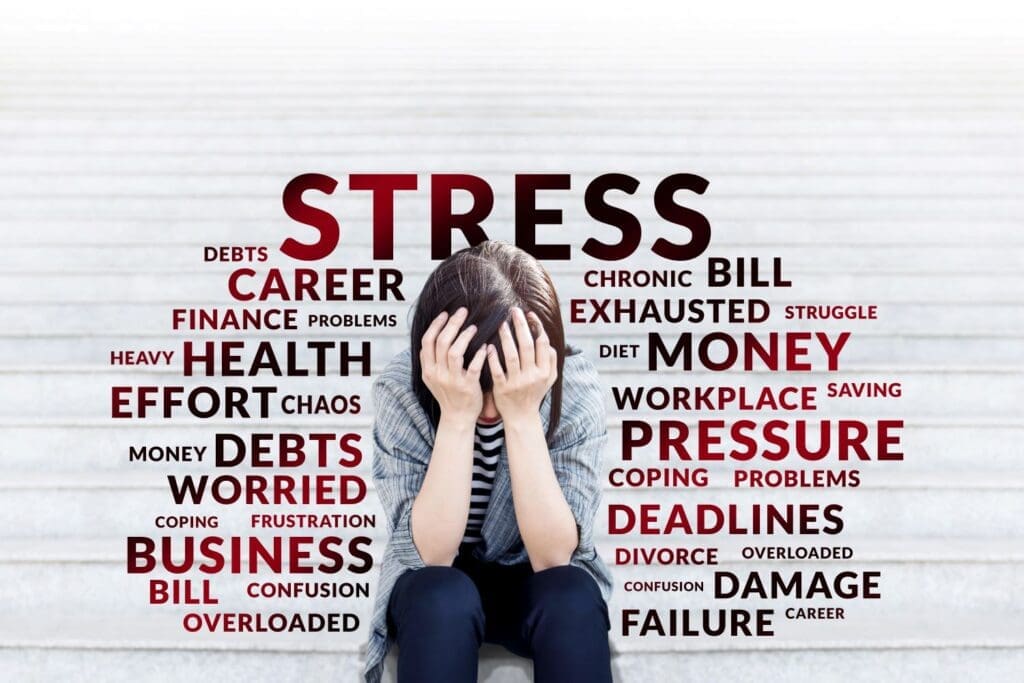
Dive into the world of stress management and discover actionable strategies to reduce chronic stress and improve your overall well-being. Explore the cutting-edge research on allostatic load and learn how personalized interventions could revolutionize the way we approach stress management. Take the first step towards a healthier, less stressed you by delving into the practical steps and expert guidance offered by Dr. Estupinian. Whether you’re looking to enhance your stress management skills or simply curious about the impact of chronic stress on your health, this comprehensive guide has everything you need to make a positive change in your life.
UNDERSTANDING ALLOSTATIC LOAD (PART 1)
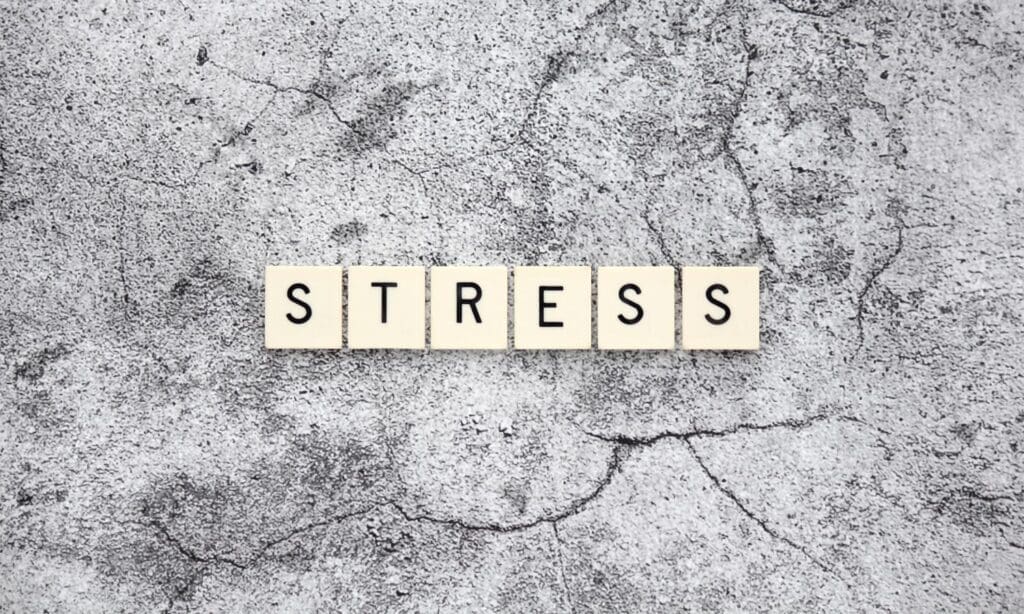
Discover the hidden toll of chronic stress on your health and longevity in our in-depth exploration of allostatic load. From the science behind this concept to practical strategies for reducing your stress levels, Part 1 of this series will leave you informed and empowered to take control of your well-being. Dive into the world of allostatic load with Dr. Ginny Estupinian as your guide, and uncover how chronic stress impacts your body and mind in ways you never imagined. Stay tuned for Part 2, where we’ll explore actionable steps to help you manage your stress and enhance your overall health.
ATTACHMENT THEORY BASICS

Attachment theory offers a fascinating lens through which to explore the roots of human connection. From understanding how early bonds shape our relationships to discovering the impact of attachment styles in adulthood, this psychological framework delves into the complexities of human behavior and emotions. Whether you’re a parent looking to nurture your child’s emotional growth, an adult seeking healthier relationships, or simply curious about the science of bonding, delving into attachment theory can provide invaluable insights and tools for personal growth. Dive into the world of attachment theory and uncover the secrets behind the ties that bind us.
How High Temperatures Affect Our Mental Health

Read how high temperatures are not only affecting our physical health but also our mental well-being. Dive into the science behind the brain’s response to heat and learn about the mental health issues exacerbated by extreme temperatures. Find out practical coping strategies to protect your emotional well-being during heat waves and the crucial role mental health professionals play in helping individuals build resilience. Take proactive steps to safeguard your mental health and support others in your community. Explore the impact of heat on the brain and uncover effective strategies for managing heat-induced stress and anxiety challenges.
Boost Your Self-Esteem

Discover how to boost your self-esteem, navigate life’s ups and downs, and cultivate a deep sense of self-worth. Learn strategies to overcome negative self-talk, celebrate your victories, and surround yourself with positivity. Find out how to break free from the cycle of low self-esteem and embrace your inherent worth. Take the first step towards a more confident, resilient, and authentic version of yourself. Start your journey to self-discovery, empowerment, and believing in your potential. Dive into a world where you are valued, respected, and deserving of love – because you are worth believing in.
The Value of Boundaries

How to Set Limits with Compassion Do you have a hard time saying no to others, even when you’re feeling overwhelmed? Do you wish you could tell your boss, family, or friends what you really need but hold back to avoid rocking the boat? If you can relate, you’re not alone. Many of us struggle […]
THE HIDDEN MENTAL HEALTH IMPACTS OF AIR POLLUTION

The hidden mental health impacts of air pollution and how it can affect your well-being. Learn about the connection between air pollution and conditions like anxiety, depression, and even Alzheimer’s disease. Find out how pollutants can impact brain function and what steps you can take to protect your mental health. Explore the latest research and strategies for combating the harmful effects of air pollution on your mind. Join us on this journey to understanding and addressing the often-overlooked mental health consequences of air pollution.
Postpartum Depression

What New Moms Need to Know Bringing a new baby home is often thought of as a joyful time, but for many new mothers, the experience is clouded by postpartum depression. Postpartum depression is a serious mood disorder that can affect women after childbirth. It’s more intense and lasts longer than the “baby blues,” a […]
WHAT TO SAY IN THERAPY

Therapy is a deeply personal experience; it takes courage to be vulnerable with another person. But it can also be incredibly rewarding and healing. You don’t have to be in crisis or have everything figured out to benefit from therapy. You have to be willing to show up and do the work. And you don’t have to do it alone – a skilled therapist will be there to guide and support you every step of the way. If you’re struggling and think you could benefit from professional help, we encourage you to take that first step.
WHAT IS BED ROTTING?

Discover the latest self-care trend taking over TikTok – bed rotting. Find out how spending a day lounging in bed can be a radical act of self-care, allowing you to rest, recharge, and prioritize your well-being. Learn the benefits of intentional rest days and the importance of balance in self-care practices. Whether you’re looking to unwind, destress, or simply indulge in some “me time,” bed rotting may be just what you need to feel rejuvenated and ready to tackle life’s challenges. Embrace the idea of giving your body and mind the rest they deserve, and start prioritizing your self-care today.
A Guide to Overcoming the Emotional Pain of a Breakup

Breakups are one of the most painful experiences we go through in life. The emotional anguish of losing someone you love, whether it was your choice or theirs, can feel as devastating as grieving the death of a loved one. Your world is suddenly turned upside down. The future you imagined together has crumbled. You […]
Understanding and Overcoming Loneliness

Loneliness is a complex and pervasive issue affecting millions worldwide, with significant impacts on physical and mental health. But amidst this challenge lies a beacon of hope – evidence-based strategies that individuals can use to combat loneliness. From reframing perspectives to embracing solitude and engaging in absorbing activities, there are countless ways to build stronger connections and lead a more fulfilling life. By understanding the roots of loneliness and taking proactive steps to address it, we can pave the way for a future where meaningful connections are abundant and accessible to all. Join us on this journey towards overcoming loneliness and fostering genuine human connection.
The Power of Friendship: Nurturing Connections in Adulthood

Discover the transformative power of friendships in adulthood and unlock the key to enhanced well-being and fulfillment. From navigating life’s complexities to overcoming barriers, this insightful article dives deep into the nuances of cultivating and maintaining meaningful connections. Explore the psychological benefits, challenges, and strategies for fostering friendships across different life stages. Learn how to embrace vulnerability, prioritize self-care, and navigate societal expectations with grace. Whether you’re in your 30s or 80s, it’s never too late to enrich your life with strong, supportive friendships. Join us on a journey of self-discovery and connection – your social tapestry awaits.
